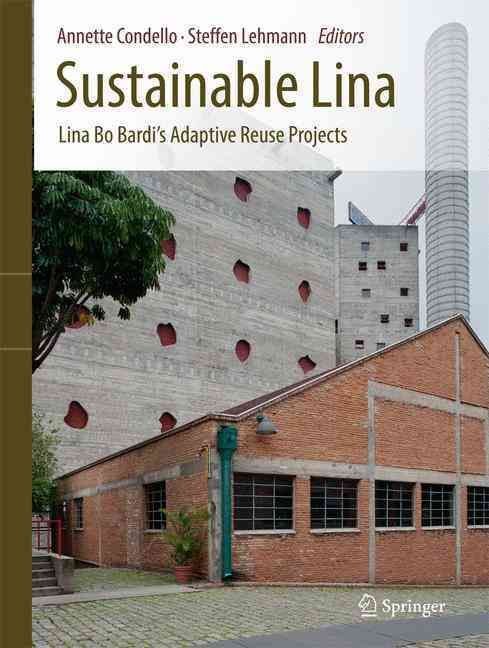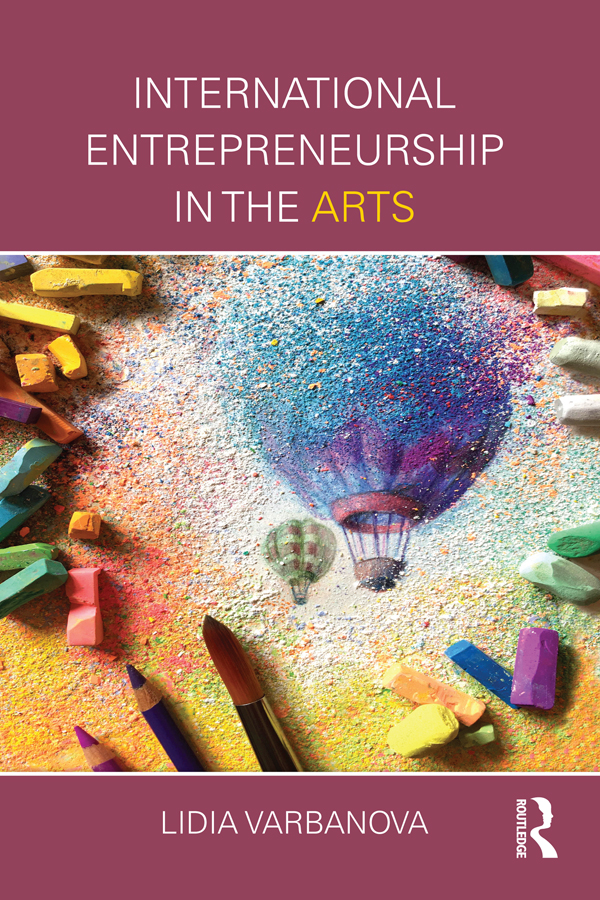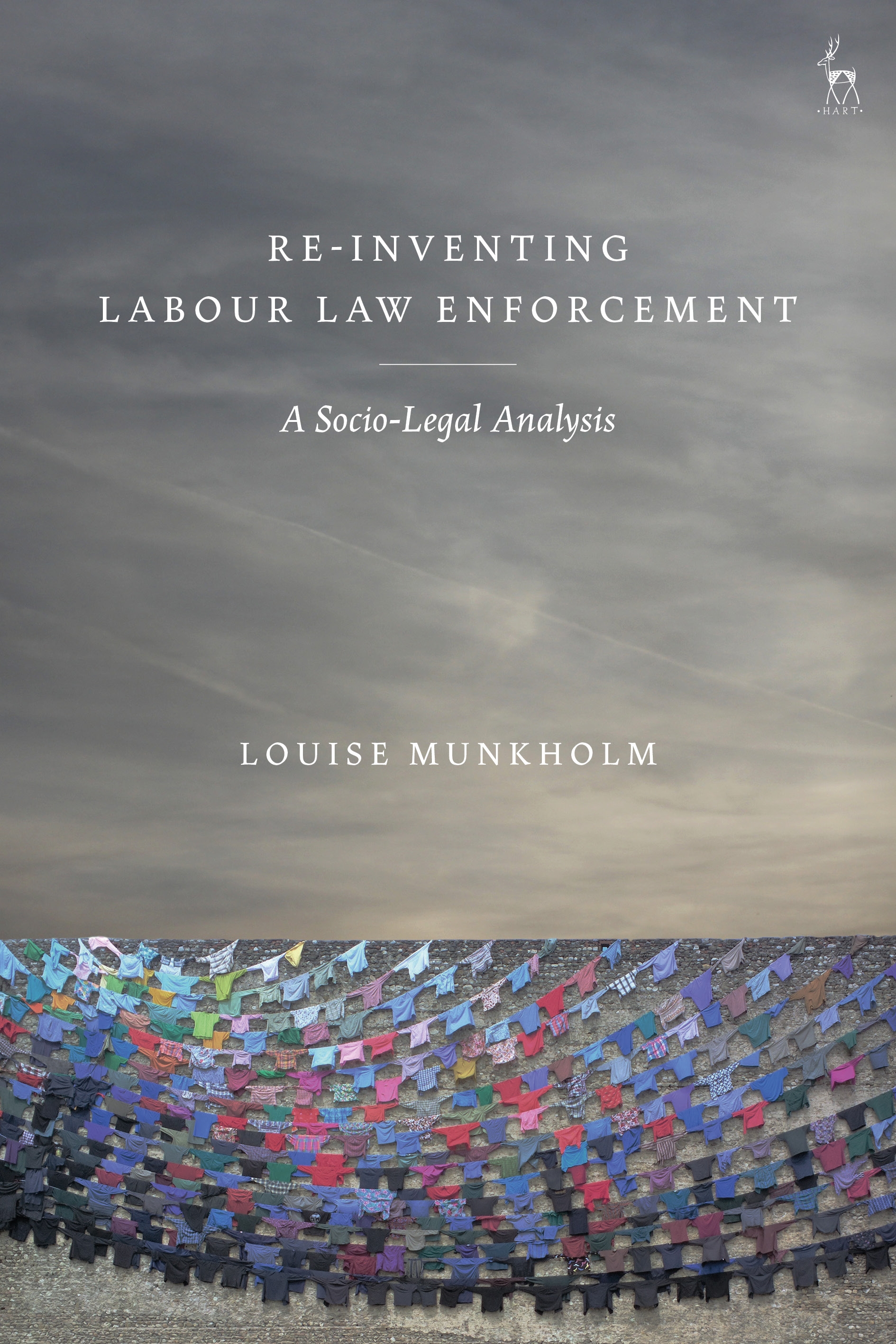This essential book unravels the link between regional cultures, adaptive reuse of existing buildings and sustainability. It concentrates on the social dimensions relating to Brazilian architect Lina Bo Bardi’s late adaptive reuse projects and works from the 1960s to the early 1990s, interpreting her themes, technical sources and design strategies of the creation of luxury as sustainability.The edited book charts how Lina Bo Bardi ?invented? her own version of sustainability, introduced this concept through her landscape and adaptive reuse designs and through ideas about cross-cultures in Brazil. The book offers a critical reflection, exploration and demonstration of the importance of adaptive reuse in the landscape and related themes for researchers and provides researchers and students new material on sustainability for further study. In the context of the plurality of revisions of Lina Bo Bardi’s work, this book brings about a refreshed interpretation of her integrative approach to adaptive reuse of buildings and landscapes as a significant contribution to the sustainability debate. It offers new insights into the construction of discourses about sustainability from the perspective of one of the key architects in the period to operate in the interface between modernity and tradition. ? Dr Fabiano Lemes de Oliveira, Senior Lecturer, University of Portsmouth (UK) Adaptability is one of the most important words in sustainable architecture today. From this perspective, this book looks at the work of a master of Brazilian modernism with lessons to be learnt on how to qualify indoor and outdoor spaces in social, environmental and architectural terms. Adaptive strategies as those seen throughout the work of Bo Bardi are key instrument/tools/concept to sustainable buildings and cities. - Professor Joana Carla Soares Goncalves, FAU, University of Sao Paulo (Brazil) The year 2015 marked the centenary of Lina Bo Bardi. This book is looking at Bardi’s work …












